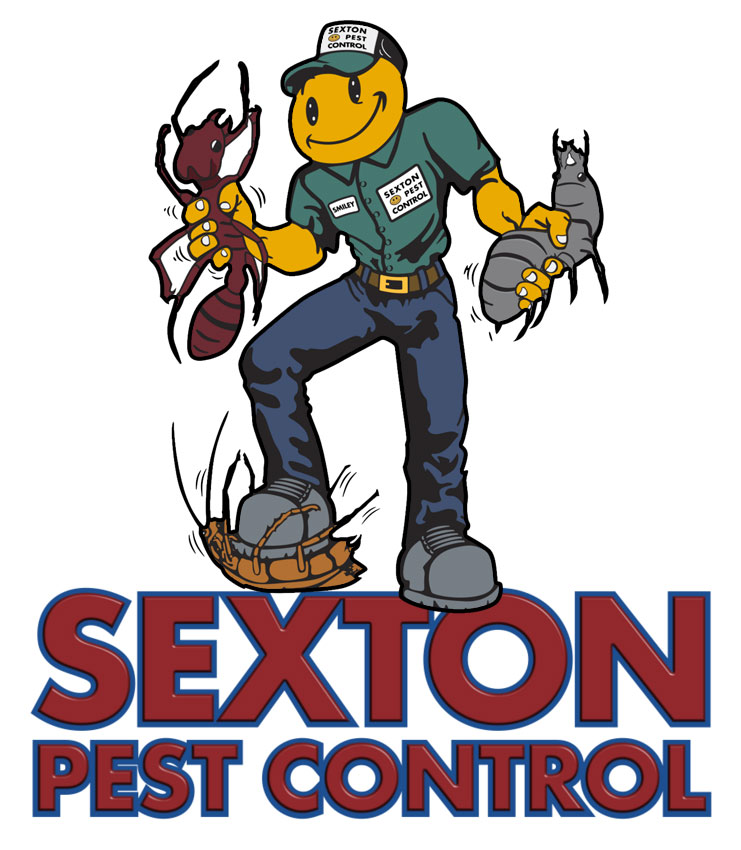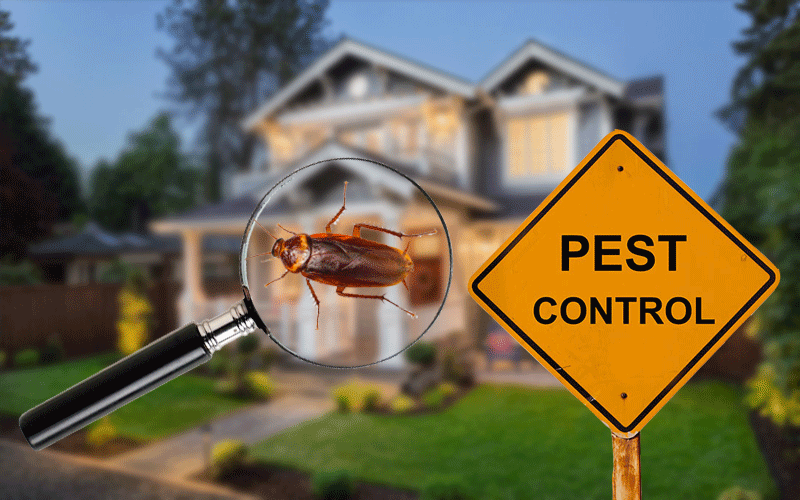Personalized Pest Control Homestead Program for Maximum Security
Personalized Pest Control Homestead Program for Maximum Security
Blog Article
Ultimate Guide to Pest Control: Types, techniques, and benefits
Parasite control is a crucial aspect of maintaining a healthy and secure environment, whether it be in household, commercial, or farming settings. Comprehending the advantages, techniques, and kinds of bug control methods can considerably impact the efficiency of parasite administration methods.
Relevance of Parasite Control
Parasite control plays a vital function in maintaining the health and wellness of both residential and industrial atmospheres. By efficiently handling and eradicating parasites, individuals and organizations can stop the spread of conditions, secure residential or commercial property from damages, and make certain a hygienic and clean living or working room. Insects such as rats, termites, and pests can posture major health and wellness risks to humans and animals by infecting food, transmitting illness, and causing allergies. Furthermore, parasites can cause structural damage to structures and infrastructure, resulting in expensive repair services and potentially endangering the security of occupants.
Executing normal insect control determines not only safeguards the physical health of people but additionally contributes to their mental well-being by producing a protected and comfortable setting cost-free from the annoyances and disruptions triggered by bugs. Moreover, in business settings, insect control is vital for preserving a positive online reputation, abiding by health and wellness policies, and safeguarding the wellness of staff members and clients. Overall, the relevance of insect control can not be overemphasized in protecting the wellness, security, and general lifestyle in both household and industrial areas.
Common Bug Control Methods
Offered the critical duty that pest control plays in guarding health and residential or commercial property, it is vital to check out reliable methods for managing and eradicating insects. Usual parasite control strategies encompass a variety of strategies customized to details parasite types. Ultimately, the most efficient parasite control technique often entails a combination of methods tailored to the certain insect species and the setting in which they stay.

Organic Pest Control Methods
When taking into consideration environmentally-friendly strategies to managing insect populations, natural pest control methods use a lasting option. These techniques rely upon all-natural options to synthetic chemicals, making them safer for the atmosphere, human beings, and non-targeted species. One typical organic pest control method is biological control, which includes presenting all-natural killers, parasites, or virus to manage insect populations. For example, ladybugs are often utilized to manage aphids in yards.
Another reliable natural parasite control technique is using organic pesticides stemmed from all-natural sources such as plants, minerals, or microorganisms. These chemicals target particular bugs while lessening injury to beneficial bugs and the community. Neem oil, for instance, is a prominent organic pesticide that disrupts the growth and recreation of numerous insects without triggering injury to various other microorganisms.
Social techniques like crop rotation, friend planting, and keeping proper plant health also fall under organic parasite control techniques. By reducing and producing a well balanced ecosystem bug vulnerabilities, these methods aid protect against insect problems without the need for damaging chemicals. Organic insect control approaches not only protect the setting however additionally advertise long-term and lasting pest monitoring remedies.
Sorts Of Insect Control Services
Thinking about the diverse methods readily available for managing parasite populations, a vital element to explore next is the series of services supplied under the umbrella of bug control. Pest control solutions can be broadly classified into three main types: domestic bug control, commercial parasite control, and incorporated bug administration (IPM)
Residential insect control solutions concentrate on handling and eradicating pests typically located in homes, such as ants, cockroaches, rats, and termites. These solutions commonly involve the application of risk-free yet effective treatments to safeguard the health and safety of citizens.

Integrated Insect Administration (IPM) takes an all natural strategy to pest control by integrating organic, cultural, physical, and chemical approaches to handle pest populations efficiently while minimizing dangers to human health and wellness and the setting. IPM concentrates on long-term avoidance and sustainable insect administration practices.
Integrated Insect Monitoring Method
An integrative method to pest monitoring, referred to as Integrated Pest Administration (IPM), integrates numerous strategies to effectively manage pest populaces while minimizing dangers to human wellness and the setting. Pest Control Homestead. IPM concentrates on protecting against insects via a mix of biological, social, physical, and chemical control techniques. By utilizing an all natural method, IPM intends to resolve the source of insect invasions instead of simply dealing with the signs
One secret facet of IPM is the usage of biological controls, such as introducing all-natural killers or microorganisms to handle insect populaces. This method reduces the reliance on chemical pesticides, hence reducing the overall environmental impact. Cultural controls involve changing the pest's habitat to make it much less congenial, while physical controls include the use of traps or obstacles to exclude or catch parasites.
IPM also stresses monitoring and normal inspection to assess parasite degrees properly and figure out the most ideal control techniques. By incorporating these diverse techniques, IPM why not find out more uses a sustainable and reliable technique to pest monitoring that advertises long-lasting remedies while guarding human health and wellness and the community.

Verdict
By using different strategies such as natural approaches and integrated parasite management, individuals can successfully prevent and take care of pest invasions. On the whole, carrying out correct parasite control procedures can help protect residential property, crops, and human health from the damaging results of parasites.
Understanding the benefits, strategies, and kinds of parasite control techniques can dramatically impact the performance of bug administration approaches. Usual bug control strategies incorporate a variety of techniques tailored to certain bug types. One usual organic pest control method is biological control, which includes presenting all-natural predators, parasites, or microorganisms to control parasite populaces.An integrative strategy to pest monitoring, known as Integrated Parasite Management (IPM), combines various approaches to successfully manage pest populations while minimizing threats to human wellness and the setting. Cultural controls involve modifying the bug's environment to make it much less hospitable, while physical controls include the use of catches or barriers to omit this or capture pests.
Report this page